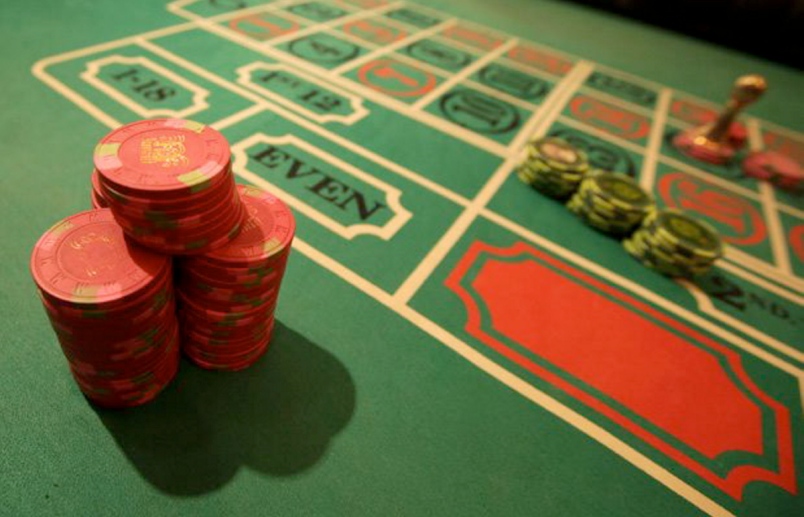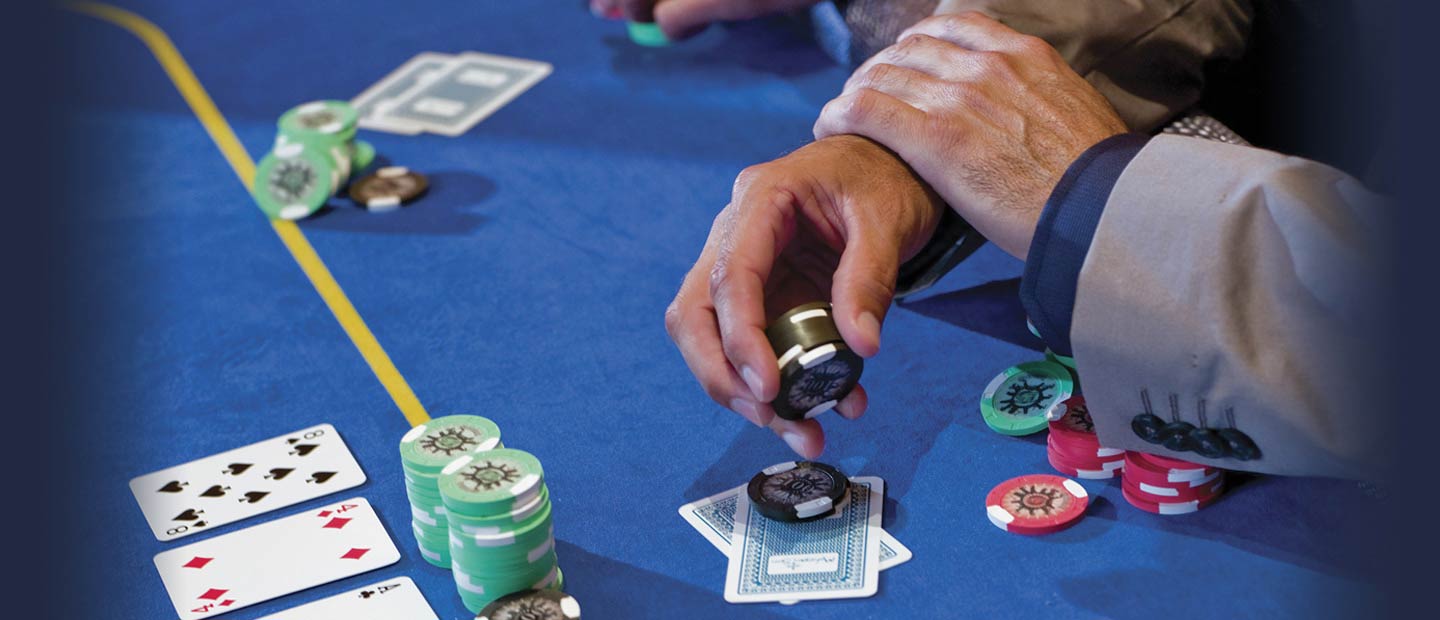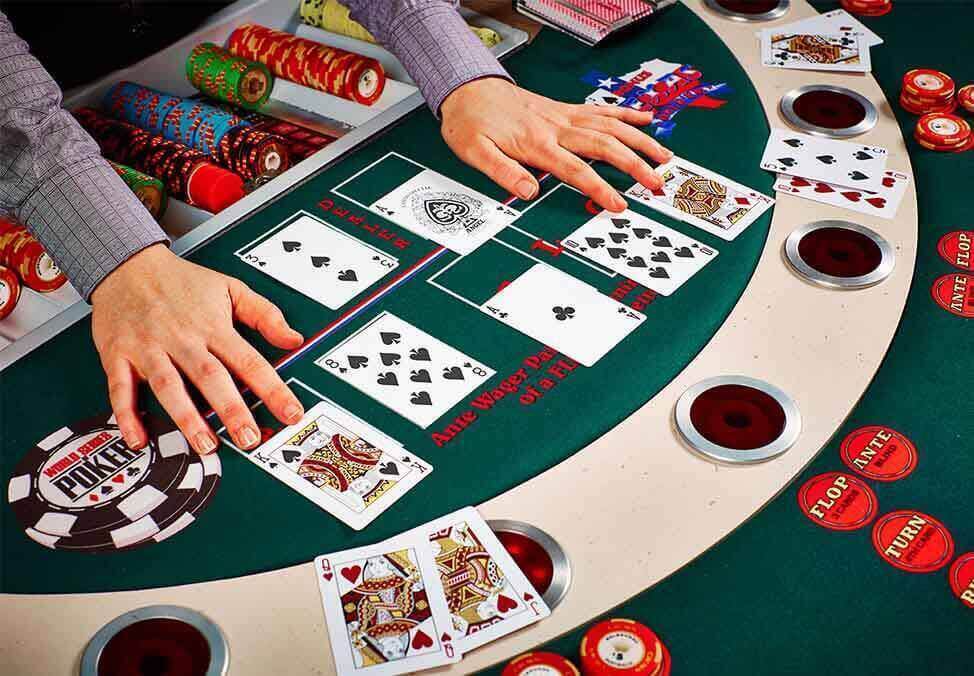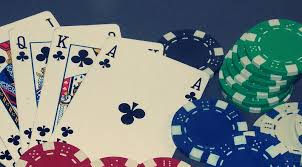Playing poker well is a combination of talent and hard work. That’s true for all players, but it takes an extra level of discipline and commitment to succeed in the higher-stakes games. Those who play without proper bankroll management cannot expect to continue playing once they lose half their roll.
Unfortunately, many players do not take the time to learn the concepts behind proper bankroll management so they can enjoy their hobby as long as possible. These shortsighted players may win at first, but it won’t be long before these disciplines are needed if you wish to move up in stakes or stay afloat on your current level. It never fails; I meet recreational players who have lost their entire bankroll because they didn’t follow these simple rules.
What’s the first thing you do when you start to lose? The answer is that most players don’t even think about it at all, which doesn’t seem like an excellent idea if winning money is your goal. When I’m losing sessions, I take the time to review every play in great detail to see where things might have gone wrong. This can be painful sometimes but often provides me with insights into adjusting my mental approach and playing style for future sessions. It’s important not to make too many changes after one session, though; try this during several sessions and only make minor adjustments based on what worked and what didn’t. You can improve your skills in increments rather than going from being a recreational player to a winning Poker online terpercaya overnight.

Most recreational players think that working on their game means spending more time playing low-stakes games or taking free training sites. This isn’t the case at all; you become a better player by applying your knowledge of the rules and concepts learned from books, videos, and other sources in real situations where you can win money. That’s why I always advocate playing for real money when possible because it gives you extra incentive beyond improving your skill level. Trying to win back losses feels much different than simply trying to get experience points. Even if your session results aren’t perfect, look at them as an opportunity to learn how to improve your overall play so that you can play better the next time.
Another big reason why losing sessions happen comes down to the issue of patience or lack thereof. This is critical for players at all levels because any form of impatience usually leads to errors in judgment regarding your plays. I’ve found during my career that more money has been lost from being impatient than anything else. Although this might not make sense upon first consideration, think about what it takes for the recreational player to increase their bankroll. Many need to make at least a couple of thousand dollars before continuing playing higher-level games, but many impatient players cannot wait that long and play beyond their means. I don’t blame them for doing this because they want the action now, not later, which is very common among beginning players who’re eager to move up in stakes and cash games alike.
















